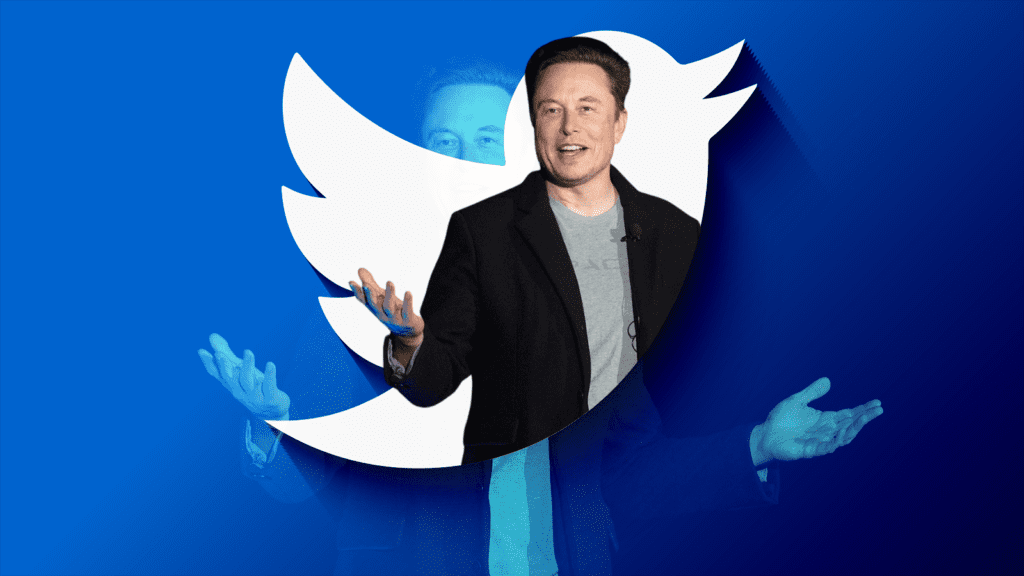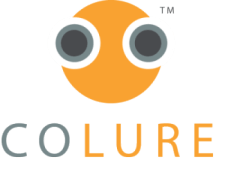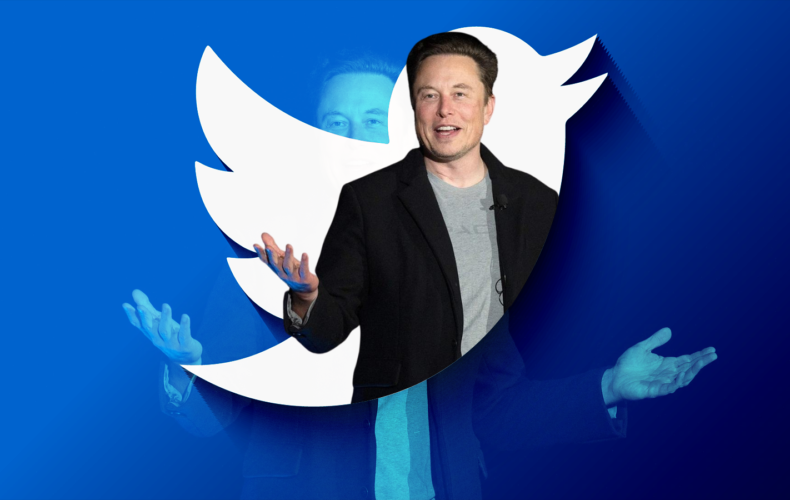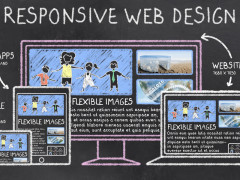Can you believe it? It worked. But what does it mean for the media? What does it mean for “free speech” and the market of opinions? Elon Musk has finally bought Twitter — and tanked his own stock doing it. What does that mean for digital disruption?

A Hostile Takeover
Earlier in the month, Elon Musk started a hostile takeover of Twitter by purchasing an immense number of shares. Twitter reacted by enacting a poison pill measure; a poison pill is something a company does specifically to avoid a hostile takeover, making it effectively impossible for a company to be taken over through stock purchases alone.
But despite the board initially saying that Musk would have no control over the company, they quickly introduced him to the board. And when he offered $44 billion for Twitter itself, they rather quickly folded. Musk is known for his capricious but often visionary purchases; he did not build Tesla but rather purchased it.
Interestingly, until the very end, Reddit posts were saying Musk could never take over. But Redditors have a long history of skepticism, going back to the Robinhood App.
Why Does Musk Want Twitter?
Musk has a weird relationship with Twitter. He doesn’t like being censored. So much so that he’s been fined repeatedly by the SEC for saying things that manipulated Tesla’s stock prices. Musk says that he wants transparency on the platform but it’s also likely he wants the freedom to do what he wants.
Whether he’s the proper steward for a channel that has become a leading resource for news and even political change remains to be seen. Musk cut his teeth in digital disruption with PayPal and his forays into Tesla and SpaceX have both been markedly successful. But they are very different technologies.
The Consequences for Tesla
Tesla stock, meanwhile, has been absolutely slaughtered. In part, this is due to the perception that Musk is acting irrationally or emotionally, which he has historically been prone to do. If he’s purchasing Twitter as a means of radically decentralized discourse, that’s one thing. If he’s purchasing it because he wants people to stop saying mean things about him on the internet, that’s a vastly different situation. Regardless, Tesla stockholders got to see the stock plummet.
The Consequences for Twitter
While many users have abandoned Twitter, the reality is that people are mostly meh. As one user stated, “if you’re upset over a billionaire buying Twitter, wait until you find out who owns everything else.” So, a billionaire bought an online platform/mobile app. What else is new?
For many, the reality of the situation is that Twitter is just a social media venue that they can take or leave, and most appear to be waiting to see what happens.
Entrepreneurs, though, will face broader implications. One thing Musk does have a stance on is algorithm transparency.
Algorithm Transparency and Business
No one knows what special sauce Google uses to make sure that results surface. That’s the point. Billions are spent every year trying to figure it out in the form of search engine optimization.
Musk wants to make visible the mechanisms that promote posts on Twitter. And that could be both a problem and an opportunity. It will either radically change the way people are using Twitter or (more likely) destroy it as spam becomes even more aggressive and prevalent.
Companies that lean firmly on Twitter for their advertising campaigns are currently right to be wary.
Note that the Musk deal with Twitter could still fall through. It’s not finalized. He may discover that he didn’t want to buy Twitter after all. He may get butthurt that Bill Gates’ short position against Tesla paid off big. And Twitter itself may decide not to capitulate.
Still, this gives rise to many thoughts as to how the wealthy can control discourse, how vulnerable the entrepreneurial disruption community is to its tools, and how the internet is evolving today. The Twitter purchase will undoubtedly disrupt business on the platform and mobile app; the question is how much?





Leave a Reply